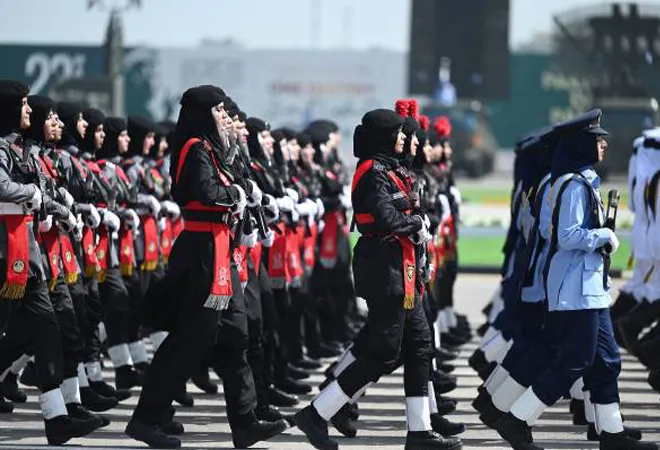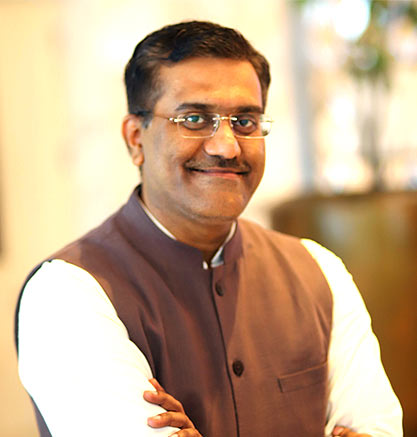-
CENTRES
Progammes & Centres
Location
For Pakistan Prime Minister Shehbaz Sharif, the foremost challenge will be to handle the economic crisis and keeping the political alliance intact. The incoming government will face a strong opposition from Imran Khan and his PTI, who are masters at street campaigning

The two powerful institutions in Pakistan — military and judiciary — are possibly not in favour of Khan’s dangerous politics, which has created political instability in the country.According to some media reports, Khan even attempted to sack the Chief of Army Staff General Qamar Javed Bajwa on April 9, and threatened to implement the ‘martial law’ rather than handing over power to the Opposition. Perhaps, Khan has become a political ‘liability’ for the Army, which had brought him to power in August 2018. On the other hand, the Pakistani apex court’s decision against Khan on the vote of no-confidence cleared the judiciary’s take on the matter. The two powerful institutions in Pakistan — military and judiciary — are possibly not in favour of Khan’s dangerous politics, which has created political instability in the country. Nevertheless, it is still early days to undermine Khan’s future or relevance in Pakistan’s politics. He remains a ‘populist’ leader with followers ranging from young, urban middle-classes to Pakistanis living outside the country. On his call, people came out on the streets on April 10 in large numbers to protest the ousting of the PTI’s government. Khan’s emotive speeches in the last one month, and the whole narrative around the ‘foreign
On the economic front, the recommencement of the International Monetary Fund’s $6 billion bailout will be a key priority for the new government amid rising inflation, increasing food and energy prices, and the historic trade deficit of over $35 billion.The motley coalition may face differences over key decisions in the coming months. While the glue of ousting the Khan government held the Opposition together, its real test will be now as all the alliance partners are looking for the long-term political objectives. Besides, inter-provincial differences, local political objectives, preparations for the next elections, and distribution of financial resources under the budgetary considerations, among others, may create divisions within the new coalition. It is possible that the main alliance parties, the PML-N and the Pakistan People Party, may use the period before the next elections to generate public support. On the foreign policy front, the new foreign minister of Pakistan will have a difficult task at hand to improve ties with the US. But to its advantage, the new government will have the support of the military establishment. Washington’s support is crucial at the IMF, Financial Action Task Force, diplomatic balancing, and defence equipment purchases. This is the underlying reality of any democratic government of Pakistan: it needs the support of the Army to survive. The fact that Prime Minister Sharif and PPP’s Asif Ali Zardari have a somewhat cordial relationship with the establishment hints that the new government may receive support from Rawalpindi.
The views expressed above belong to the author(s). ORF research and analyses now available on Telegram! Click here to access our curated content — blogs, longforms and interviews.

Dr Sameer Patil is Director, Centre for Security, Strategy and Technology at the Observer Research Foundation. His work focuses on the intersection of technology and national ...
Read More +